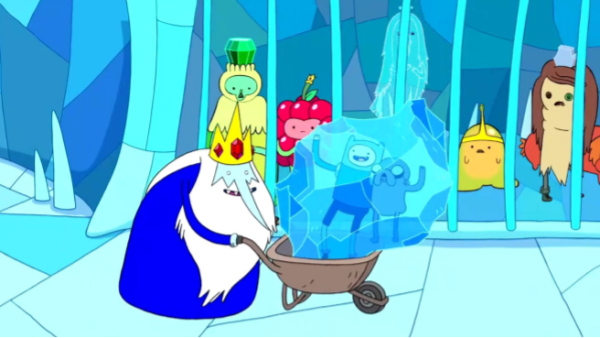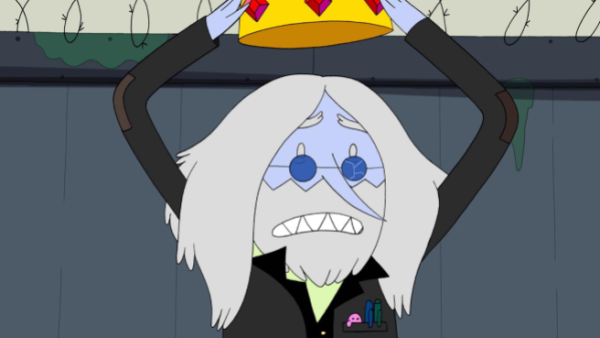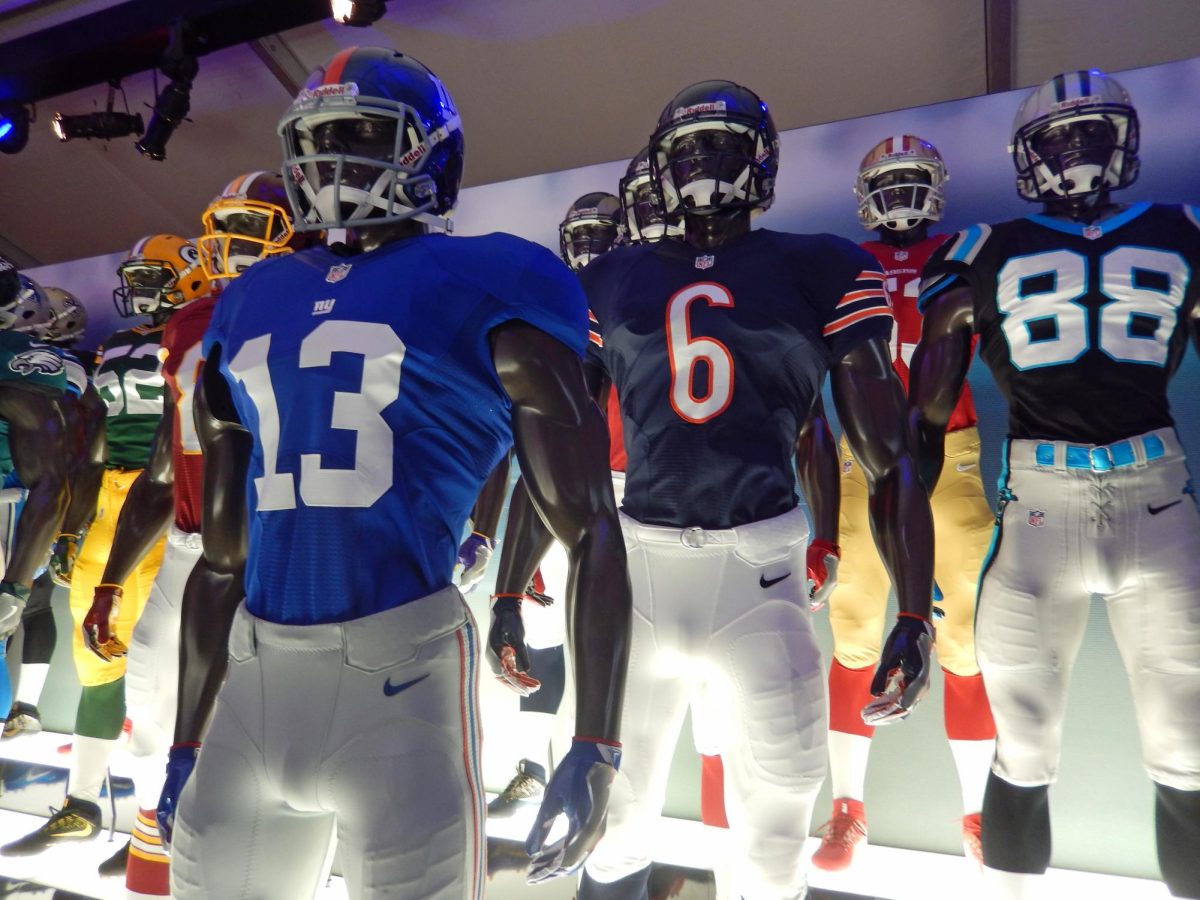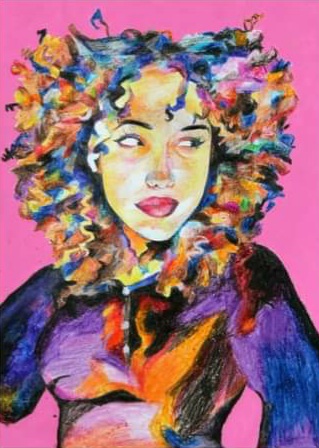A common trope in storytelling is the “good guys always win” trope. Everyone has either read a book or watched a film where the main character journeys to become stronger and defeat the villain. This is usually concluded with everyone celebrating the villain’s defeat and living “happily ever after.” 
But why is this trope so popular?
In most stories, the development of the hero and villain is supposed to be black and white. The audience can distinctly point out that the hero is the good guy while the villain is the bad guy. Of course, the audience wants the hero to win because stories typically highlight the desirable qualities of the character while highlighting the evil motives of the villain.
People want the hero to win because the audience knows that the villain is purely evil. But what happens if the story does not make the motives black and white, but more of a gray?
Villains are often portrayed as static characters. They commit crimes and then are punished for said crimes. This one-dimensional concept is the reason why the downfall of these characters is enjoyable. However, when villains are created more dynamically, we often go from enjoying watching them lose to feeling empathetic towards them.
Let us take the Ice King from “Adventure Time” for example. In the earlier seasons, we root for the main protagonist, Finn, whenever he encounters the Ice King. This is because all we know is that the Ice King is a wizard who kidnaps various princesses. We know that kidnapping is morally wrong; therefore, we celebrate when Finn defeats the Ice King and saves the princesses. We are not given the reason why the Ice King commits these crimes, so there is no empathy given toward him.

It is when the audience knows that the reason why the Ice King kidnaps princesses is that he has gone mentally insane using the magical crown that he wears to protect his fiance, Betty, before she left him whom he used to call “his princess.” The audience still is aware that kidnapping is morally wrong, but for some reason, we start to feel bad for the Ice King.

Blurring these black-and-white lines is what conflicts with our emotions. We are not given a guideline dictating whether someone is purely good or purely evil. We have to negotiate with ourselves to decide whether or not we can justify the acts of the “villains.”





























